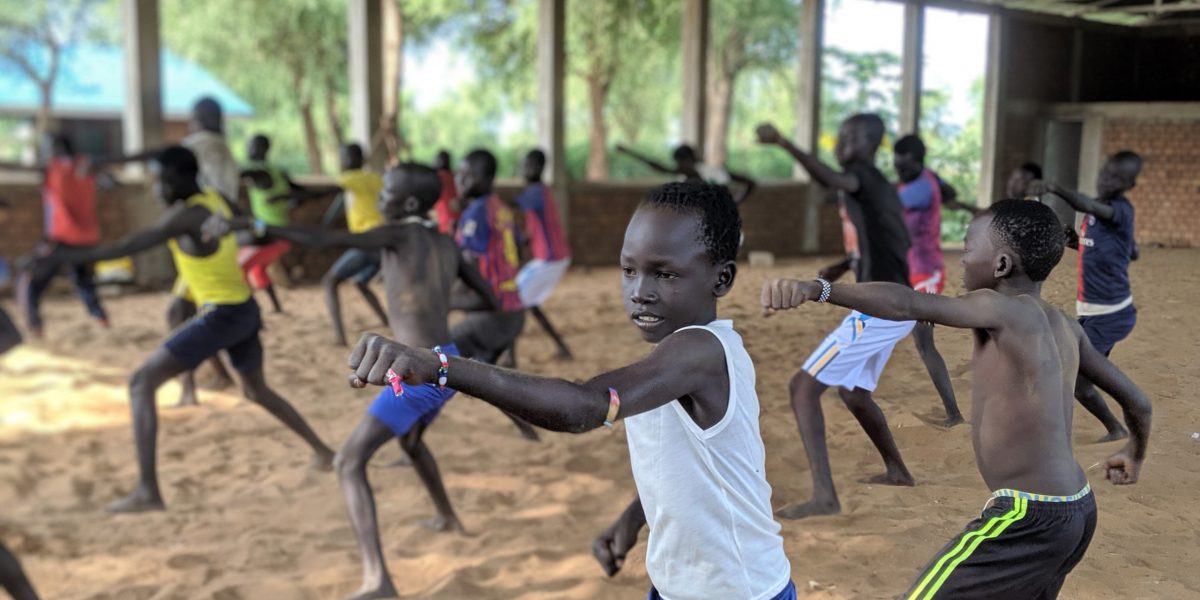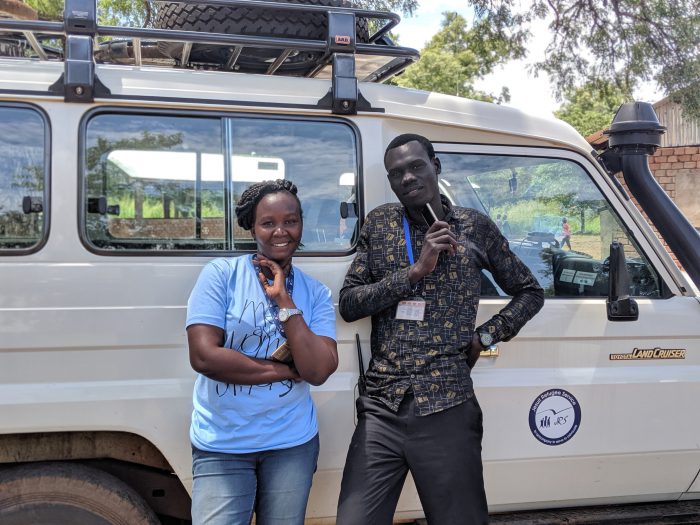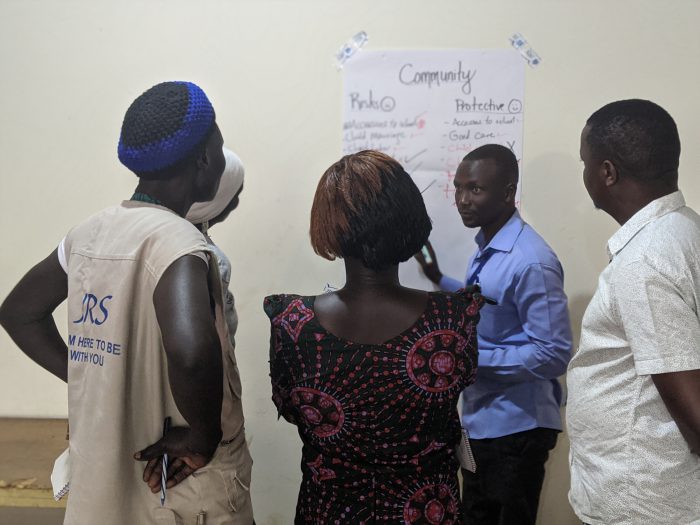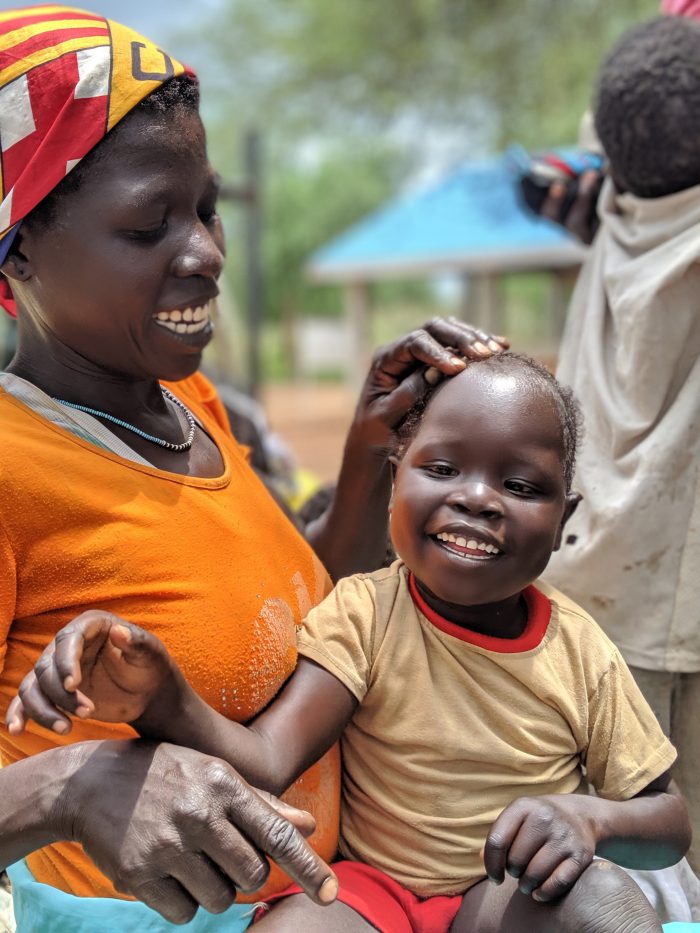JRS South Sudan & PRM: Building the Foundations for Learning & Healing
12 March 2021

In the beginning of March 2021, the UN Special Representative to South Sudan, David Shearer, announced a silver lining of hope glistening from the young, sub-saharan nation.
“Because of the collective effort of so many,” he said in his latest briefing, “South Sudan is in a better state.”
After four years at the helm, Shearer had entrusted the Mission into new hands and alluded to a long road of development ahead: “It is inching forward – frustratingly slowly – with still so much to do.”
Nearly a decade earlier, Jesuit Refugee Service had just begun its own mission in the nation — throughout Maban Country — found in the Upper Nile region. Years of conflict in Sudan had created a fragile environment for both refugee and host communities, resulting in one of the largest internal displacement crises on the continent.

Across the region’s four main camps, nearly 150,000 refugees found themselves tenuously caught between two wars: the war at home — in Sudan — and the war in South Sudan.
Launched in 2013, needs for mental health and psychosocial support (MHPSS) started to pour into JRS programs.
Exacerbated by dire living conditions, JRS staff began to respond to increased rates of sexual and gender-based violence, child protection violations, distress, and the breakdown of communities due to forced displacement.
With ongoing support from the US Department of State’s Bureau of Population, Refugees, and Migration (PRM), JRS South Sudan currently maintains multiple programs to advance education and mental health for refugees in Maban.

As of 2019, JRS continues to lift up primary school programming and early childhood development centers across the camps. Funds go directly to pay the salaries of teachers and cooks, teaching materials, as well as food for multiple schools.
Yet, educational training is equally as important as raw materials. JRS maintains teacher training programs, English language courses, and critical computer skills classes which would correspond to future employment opportunities and higher salaries.
Across the mental health landscape, JRS staff has responded with a multi-layered approach, including distributing goods, physiotherapy and rehabilitate services for adults and children, recreational activities for youth, and counseling for individuals and groups.

Accompaniment — a core JRS tenant — remains at the heart of the ongoing response in Maban Country. Community engagement, fostering relationships with local leadership, and inclusive services bring together all members of the society in an equitable and approachable way.
Moreover, JRS remains committed to the IASC Guidelines on Mental Health and Psychosocial Support in Emergency Settings, a model that enables humanitarian actors and communities to plan, establish and coordinate responses for people’s mental health during an emergency.
To learn even more about JRS’s MHPSS work around the globe, visit JRS/USA Pastoral Care & Psychosocial Support.


